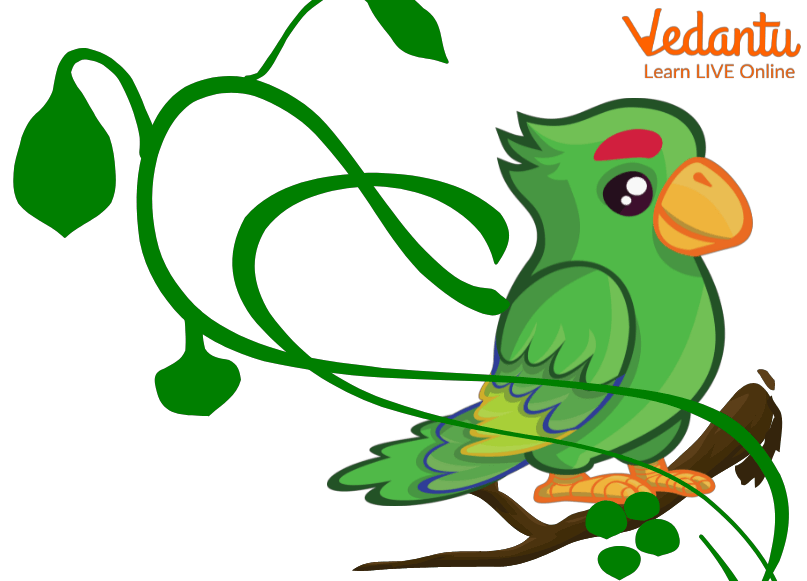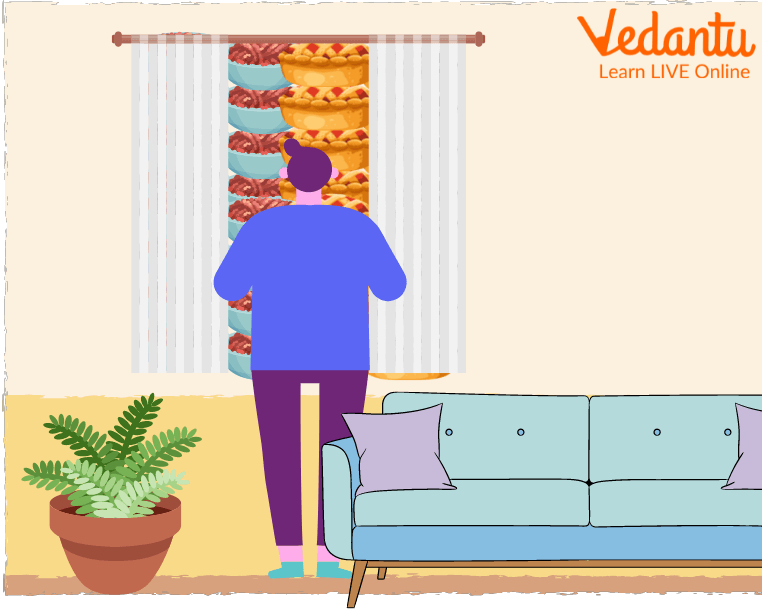A Funny Poem for Kids
Kids benefit from poems that blend rhyme and humour in unexpected ways. They go above and beyond by simply having a laugh with you.
Poetry's repetition helps children in anticipating and identifying patterns, and also improves their memory. These skills are useful in a variety of academic subjects, not just in language.
Reading poetry to your kid helps them learn about basic poetry with a rhythm as well as understand how the sounds at the end of particular parts of a poem might rhyme. Kids may predict what word will be found at the end of a line using this knowledge.
Polly's pies is a funny poem that will be discussed in this article.
Pros of Funny Poems
Kid's voice, pitch, volume, and tone can all be improved by reading poetry to them. These are primarily speech functions, but they are also necessary for kids learning to read.
Children's funny poems are a fun way of introducing them to the world of poetry. Rather than focusing on the fact that they are reading a piece of writing with a different structure, children observe the humour.
Children who read funny poetry are more likely to respond positively to other types of poetry. Let's have a look at the poem below to see how funny poems sound.
Polly’s Pies

Polly, The Parrot.

Mr. Chip Finds Mince and Apple Pies
Polly’s so fat, she looks ready to pop!”
Conclusion
Nothing beats funny rhyming poems for kids when it comes to delivering a dose of humour as well as a sense of imagination. In these kinds of poetry, there is a certain amount of freedom in the structure and composition rules that regulate non-poetic writing which develops humour in poems.


FAQs on Polly's Pies - Poem for Kids
1. Why is poetry important for kids?
Our school's curriculum includes poetry. It's simple to include into classroom themes, projects, and celebrations, and it may be taught in reading, writing, and language classes. It has the potential to improve the quality of our studies.
2. How does reading poetry expand vocabulary?
Poetry can be more expressive than prose sometimes. You're exposing your kid to new ways of narrating, expressing, and conveying things by reading and writing poetry with them. This not only expands a child's vocabulary, but also allows them to put words together in new ways.





